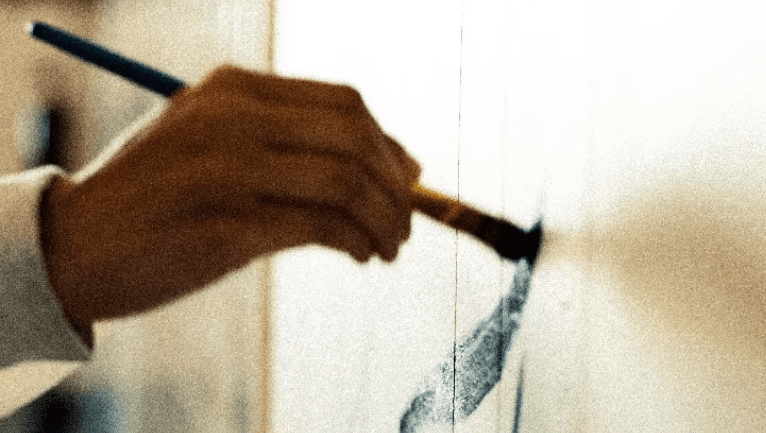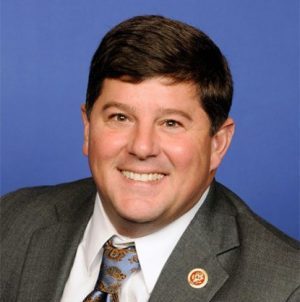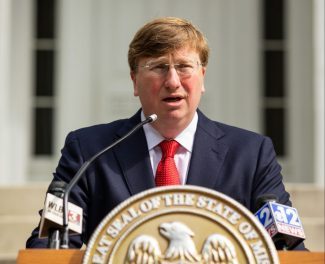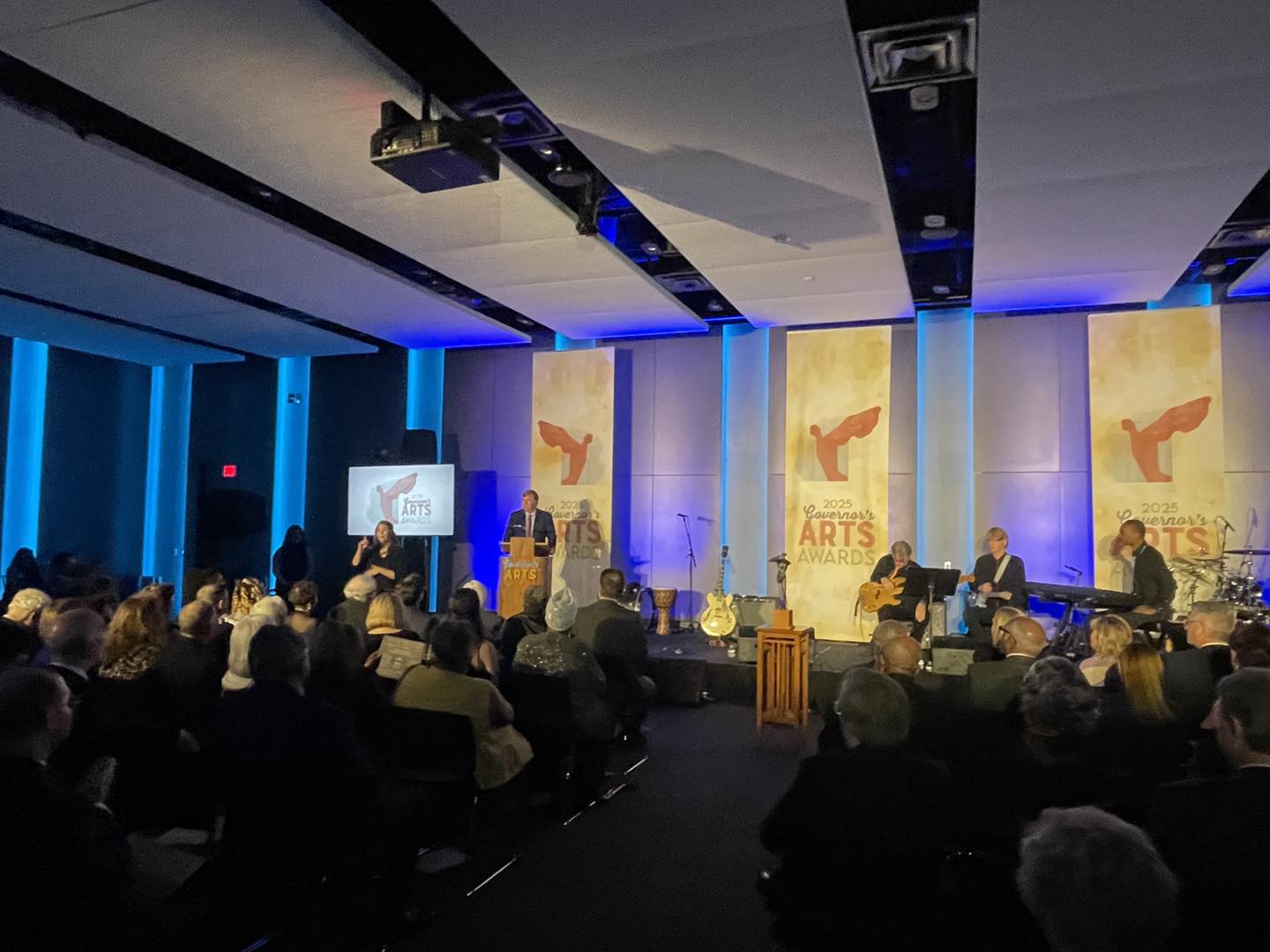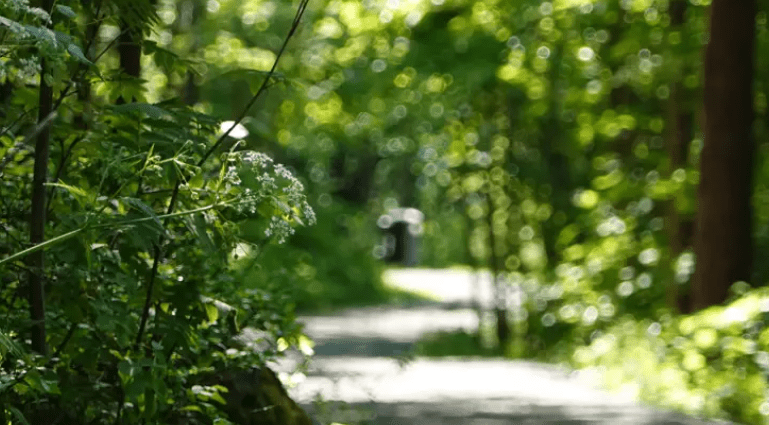
The Medical Cannabis bill, SB 2765, authored by Senator Kevin Blackwell, remained alive in the last moments of Tuesday’s deadline.
Many were left to believe that the medical marijuana bill was dead after the original meeting was cancelled by the chairman. However, A last-minute House Ways and Means committee meeting was scheduled while the House was not on the floor.
The bill was brought up and made it out of committee but not without several major changes made through a strike all amendment offered by Representative Joel Bomgar.
Those changes essentially inserted the language presented in Initiative 65, and removed all language offered by Blackwell in the original bill. This will almost certainly lead the bill to conference for further debate.

“From the beginning SB 2765 was destined to end up in conference. So there was no surprise when the House did a strike all. I believe we will work it out so we ensure we retain a medical cannabis program in place in the event the courts strike down initiative 65,” said Senator Kevin Blackwell.
This is not the first major change that came to the bill. Originally, the bill would have operated alongside the Initiative 65 program that was voted into law in November 2020. The bill would have set regulations on the number and location of dispensaries, setting where they could be located per county, establishing an advisory committee and adding a sales tax to the purchase of any medical cannabis product at 7%. At the time, Blackwell said the tax revenue would be designated for the Early Learning Collaborative.
The bill made it through its Senate committee but struggled when it came to the Senate floor. It was brought up on a floor deadline day in February, only to fail on the first vote 30 to 21. A vote on a bill of this kind requires a 2/3 vote in order to pass.
In explaining the bill on the floor, Blackwell clarified that some major changes were made in the amendment process.
The intention of the bill had been altered, with this program now only to go into effect in the event the Mississippi Supreme Court ruled that Initiative 65 had been verified inappropriately prior to appearing on the ballot. It also changed several of the licensing fee costs for individuals who would like to own or operate a dispensary, and removed the cap on where dispensaries could be located.
The bill was held on a motion after it failed the first time and was brought up again after midnight, technically on the next day, Friday, and was passed 30 to 19.
The bill is set to be brought to the House floor by next Wednesday.
